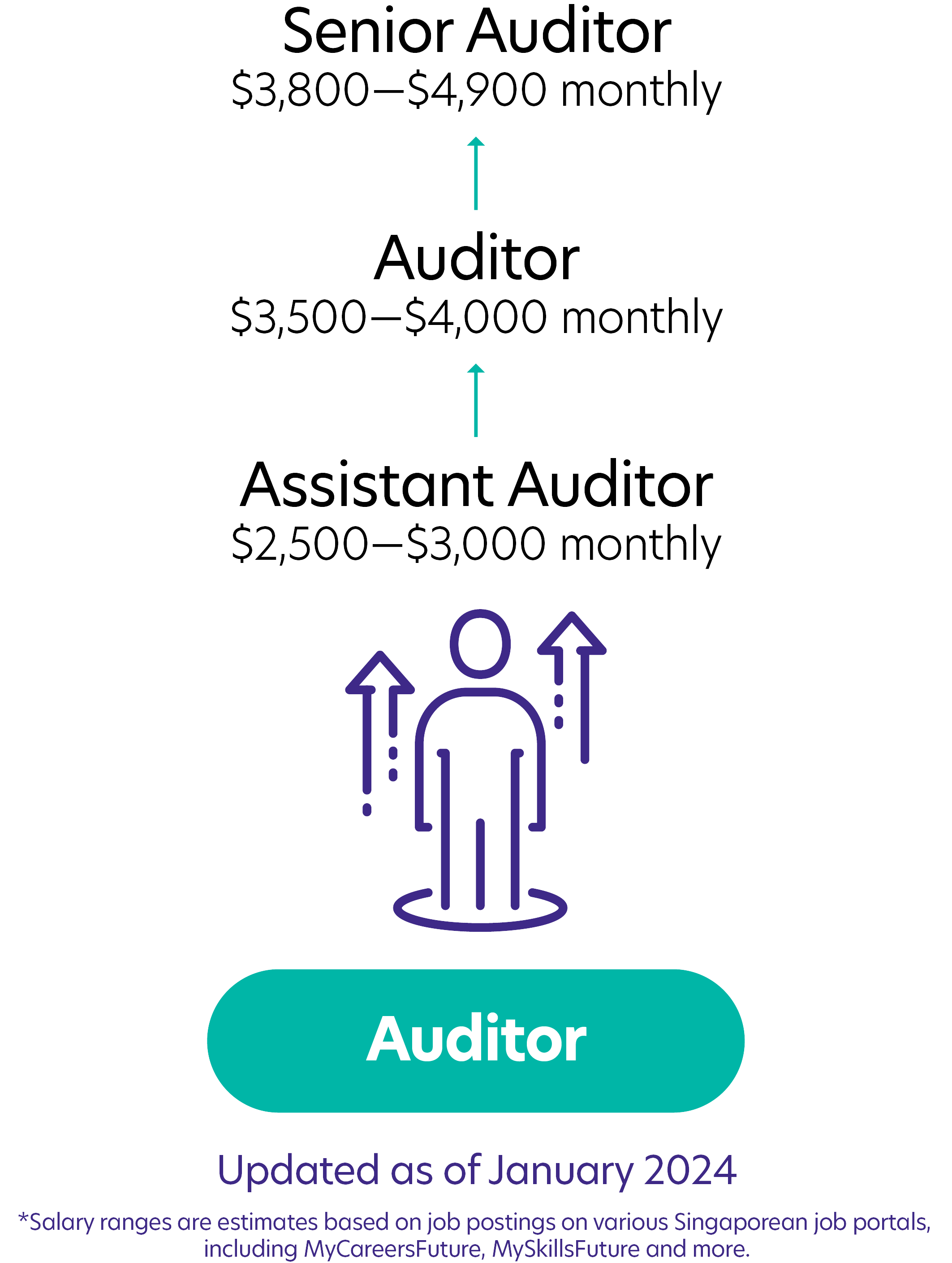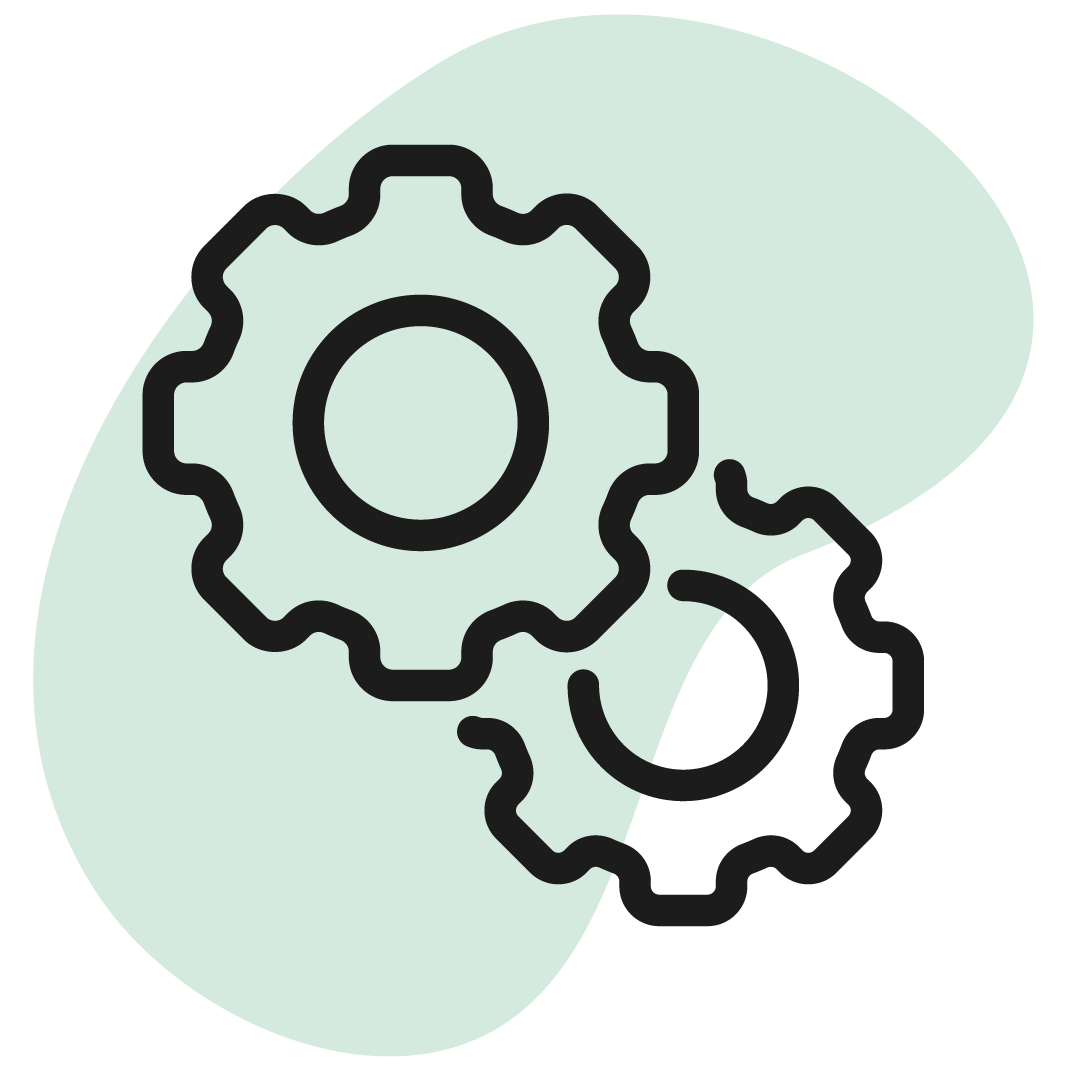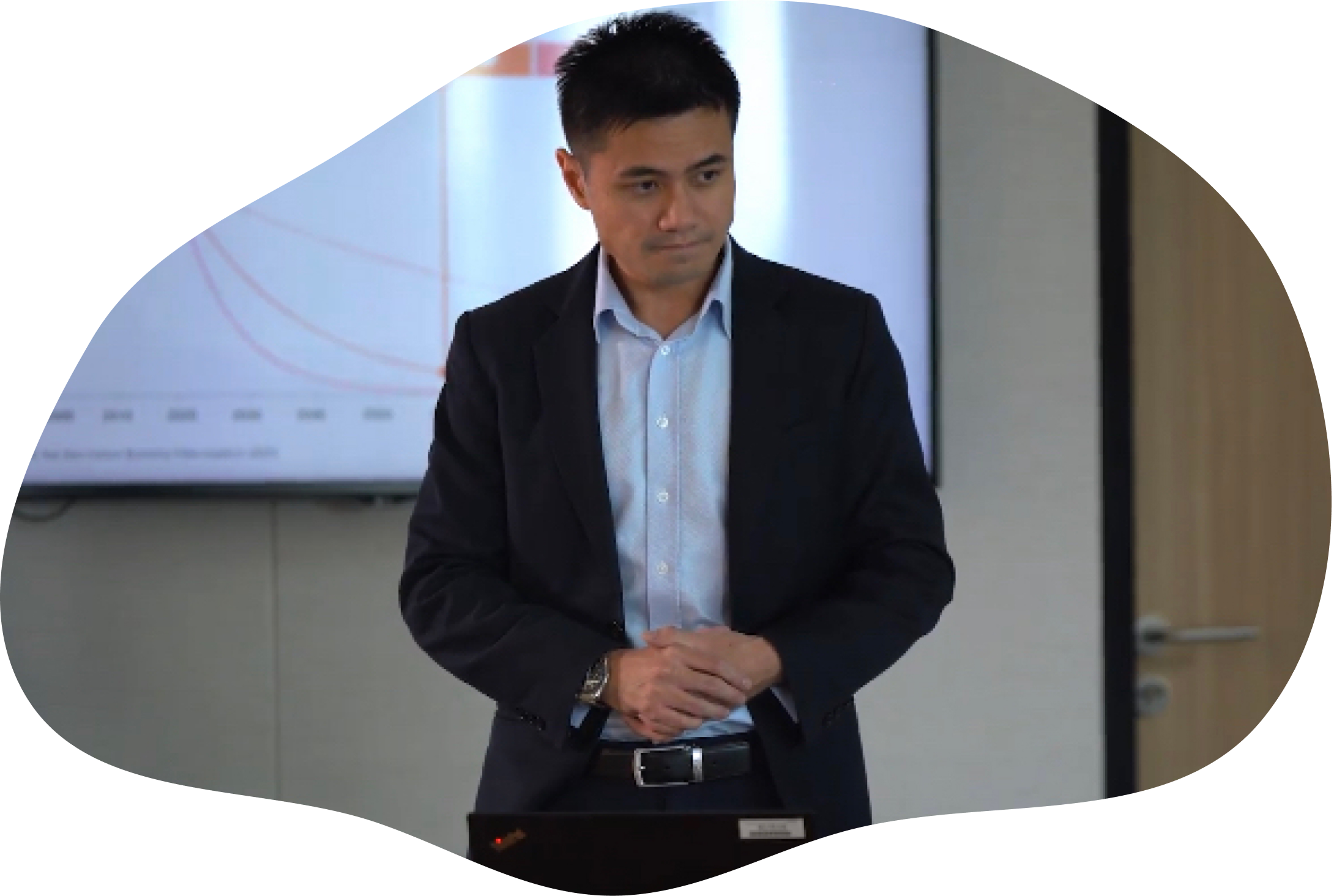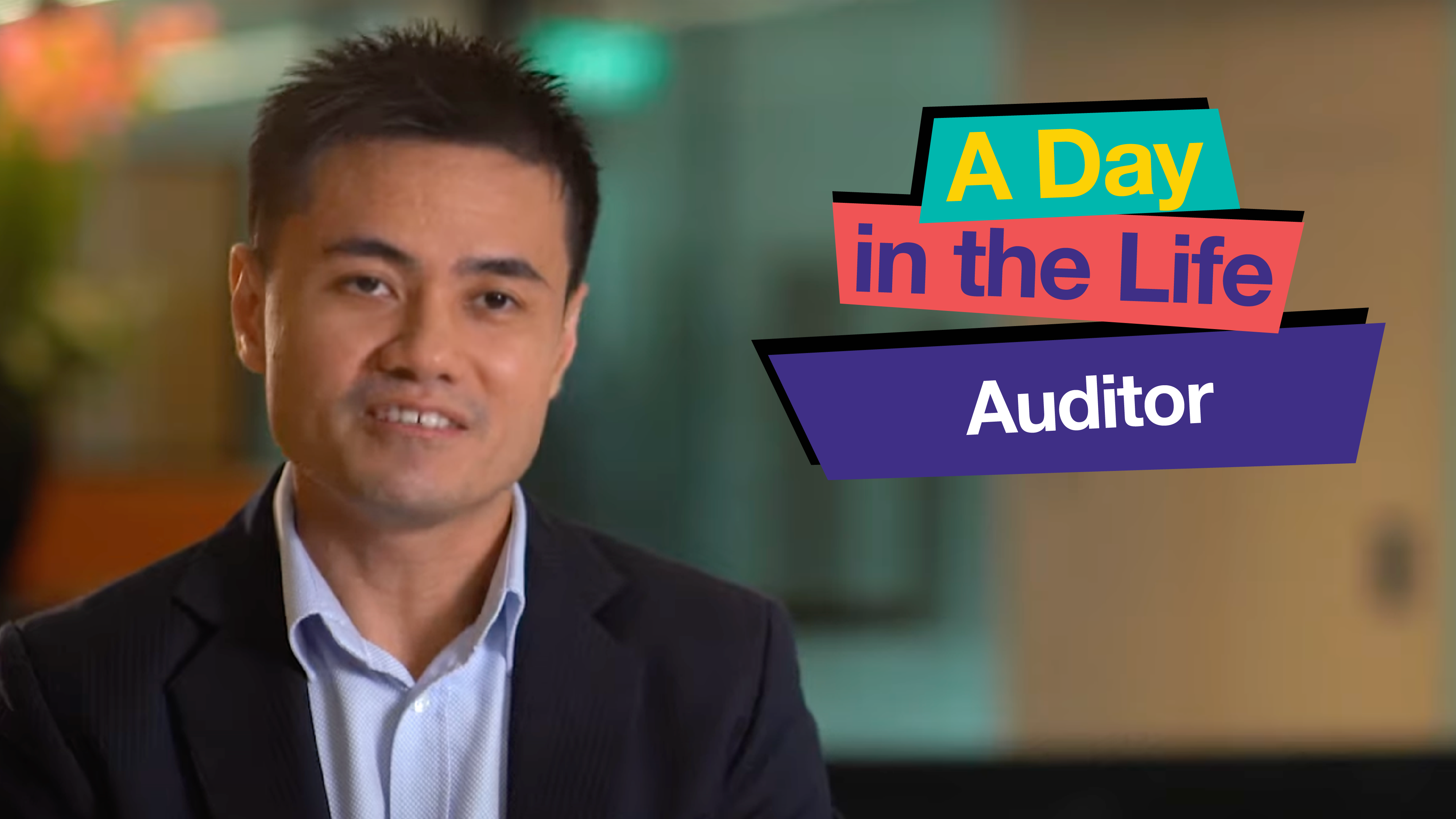
Auditors review companies' financial accounts to make sure that there are no irregularities, and write reports about their investigation.
Auditor Job Description
- Develop an action plan to address any irregularities that cause financial risks.
- Evaluate the effectiveness of internal financial processes.
- Monitor the risk environment and look out for emerging financial risks.
- Check the accuracy of companies' financial transactions (financial audit) and whether the manner of conducting business is efficient and effective (operational audit).
- Prepare and communicate audit recommendations.
Note
Auditors can work as internal or external auditors. Internal auditors focus on one organisation, while external auditors, often freelancers, provide unbiased independent reports.
What you should know about Auditor jobs in Singapore
Nature of Work
As Auditors, you’ll examine financial records to ensure accuracy and compliance, providing essential financial insights.Key Advice
Learn how to navigate and use accounting software early. Expect to work long hours and overtime, especially when you're starting in the company.-
Entry RequirementsEntry Requirements
- A bachelor's degree in Business, Accounting, Finance, or equivalent, is preferred.
- Look into organisations in Singapore, such as the Institute of Internal Auditors Singapore (IIA). A good qualification to attain would be the Certified Internal Auditor (CIA) credential. The CIA designation is the only globally accepted certification for internal auditors.
-
Possible PathwayPossible Pathway

Skills you need to pursue an Auditor career in Singapore
 Hard Skills
Hard Skills
Business and Finance Knowledge
Effective comprehension of business operations and practices in assessing records and processes.Familiar with Auditing and Assurance Standards
Applying international and local standards for accurate assessments.Robotic Process Automation (RPA)
RPA skills enhance efficiency by automating data tasks and optimising workflows.Adaptability
Adaptability to evolving regulations, Auditing tech, and business practices ensure Audits stay relevant.Innovative Problem Solving
Creativity in solving challenges is crucial for tackling complex scenarios and enhancing processes.Attention to detail
Attention to detail is crucial for spotting discrepancies and maintaining high Audit quality.
“The industry is constantly evolving, you’ll always find yourself learning and working on new things.”
Bing Yi, Auditor
Related Job Roles
Explore Other Programmes
Browse AllYou have bookmarked your first item!
Find it in My Discoveries with insights on your interests!





